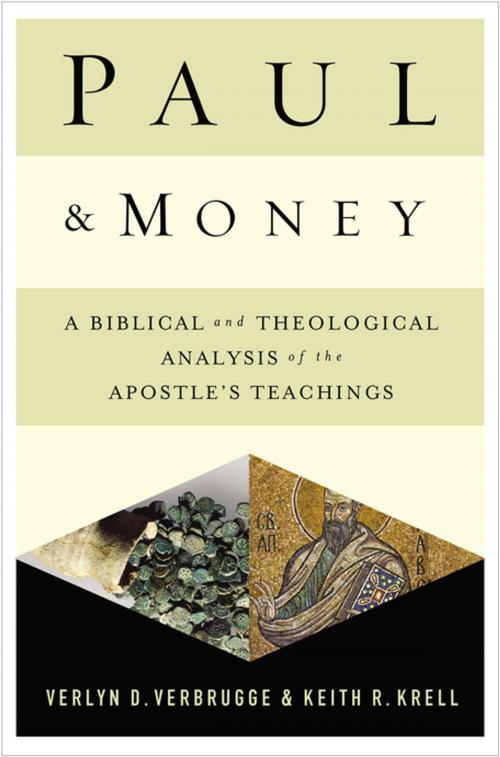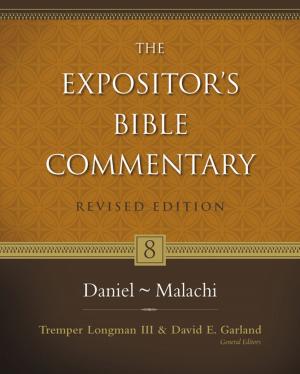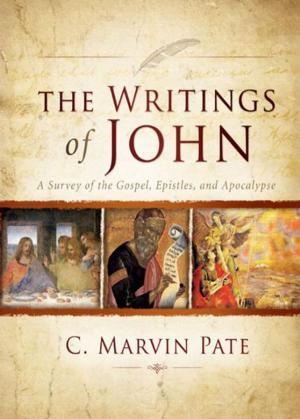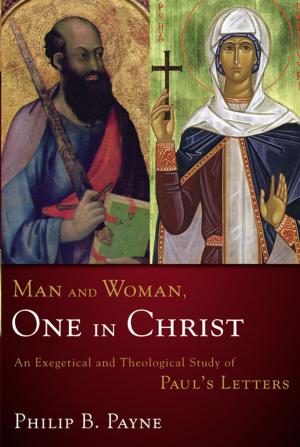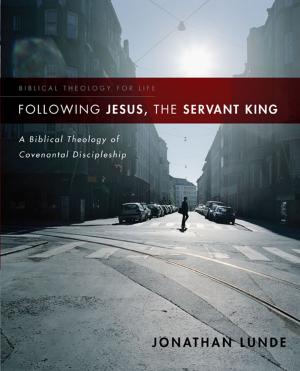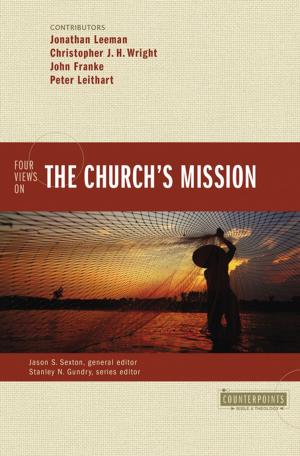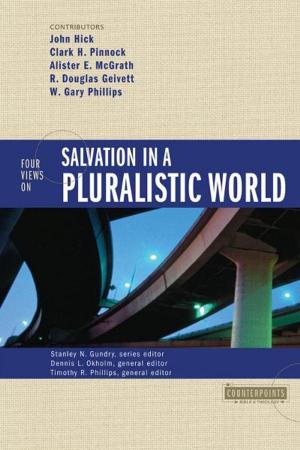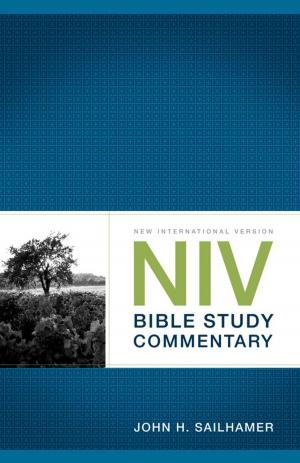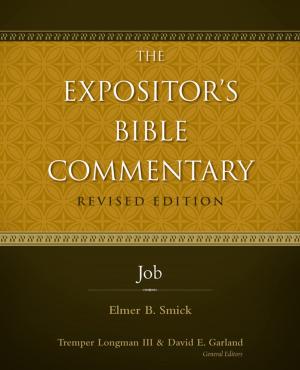Paul and Money
A Biblical and Theological Analysis of the Apostle’s Teachings and Practices
Nonfiction, Religion & Spirituality, Bible & Bible Studies| Author: | Verlyn Verbrugge, Keith R. Krell | ISBN: | 9780310525134 |
| Publisher: | Zondervan Academic | Publication: | June 23, 2015 |
| Imprint: | Zondervan Academic | Language: | English |
| Author: | Verlyn Verbrugge, Keith R. Krell |
| ISBN: | 9780310525134 |
| Publisher: | Zondervan Academic |
| Publication: | June 23, 2015 |
| Imprint: | Zondervan Academic |
| Language: | English |
The apostle Paul, one of the most prominent figures in the early Jesus movement, had a lot to say about money. His letters deal with real people as they lived their Christian lives in the Greco-Roman world. He finds it necessary to address “those who are rich in this present world” (1 Tim 6:17). But he also has to address those do not want to work, for whatever reason, and are “idle and disruptive” (2 Thess 3:6). Moreover, whereas most churches today have a certain socio-economic homogeneity, some of Paul’s churches had a combination of upper class wealthy people and lower class slaves worshiping side-by-side, and it inevitably created friction (esp. 1 Cor 11:17–34).
During the past twenty years a significant amount of research has been done on class-consciousness in the Greco-Roman world and on the significance of Paul’s fund-raising venture “for the poor among the Lord’s people in Jerusalem”—“the collection”—for his ministry. Relying on the surprising results of current Pauline scholarship and a careful exegesis of a variety of New Testament texts, this book offers a thorough investigation of the apostle Paul’s sayings and dealings with money.
The apostle Paul, one of the most prominent figures in the early Jesus movement, had a lot to say about money. His letters deal with real people as they lived their Christian lives in the Greco-Roman world. He finds it necessary to address “those who are rich in this present world” (1 Tim 6:17). But he also has to address those do not want to work, for whatever reason, and are “idle and disruptive” (2 Thess 3:6). Moreover, whereas most churches today have a certain socio-economic homogeneity, some of Paul’s churches had a combination of upper class wealthy people and lower class slaves worshiping side-by-side, and it inevitably created friction (esp. 1 Cor 11:17–34).
During the past twenty years a significant amount of research has been done on class-consciousness in the Greco-Roman world and on the significance of Paul’s fund-raising venture “for the poor among the Lord’s people in Jerusalem”—“the collection”—for his ministry. Relying on the surprising results of current Pauline scholarship and a careful exegesis of a variety of New Testament texts, this book offers a thorough investigation of the apostle Paul’s sayings and dealings with money.
